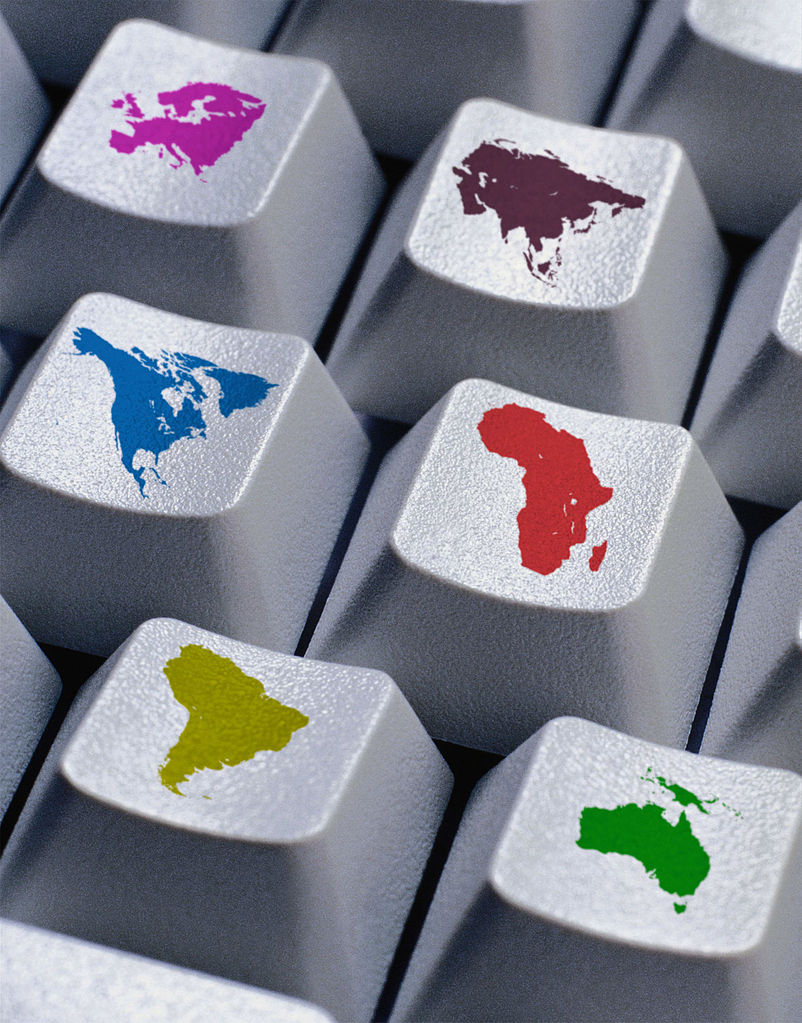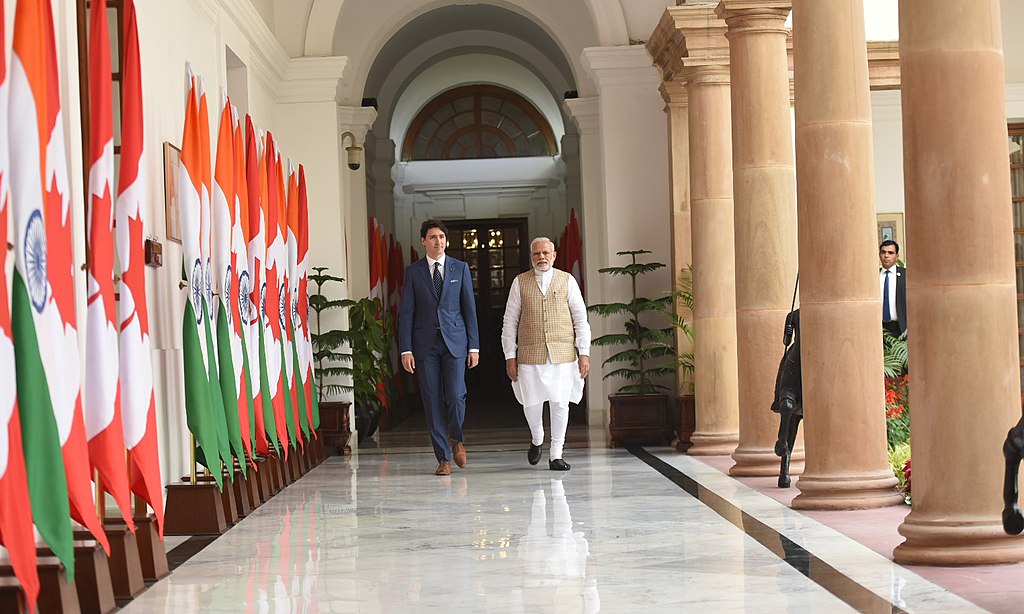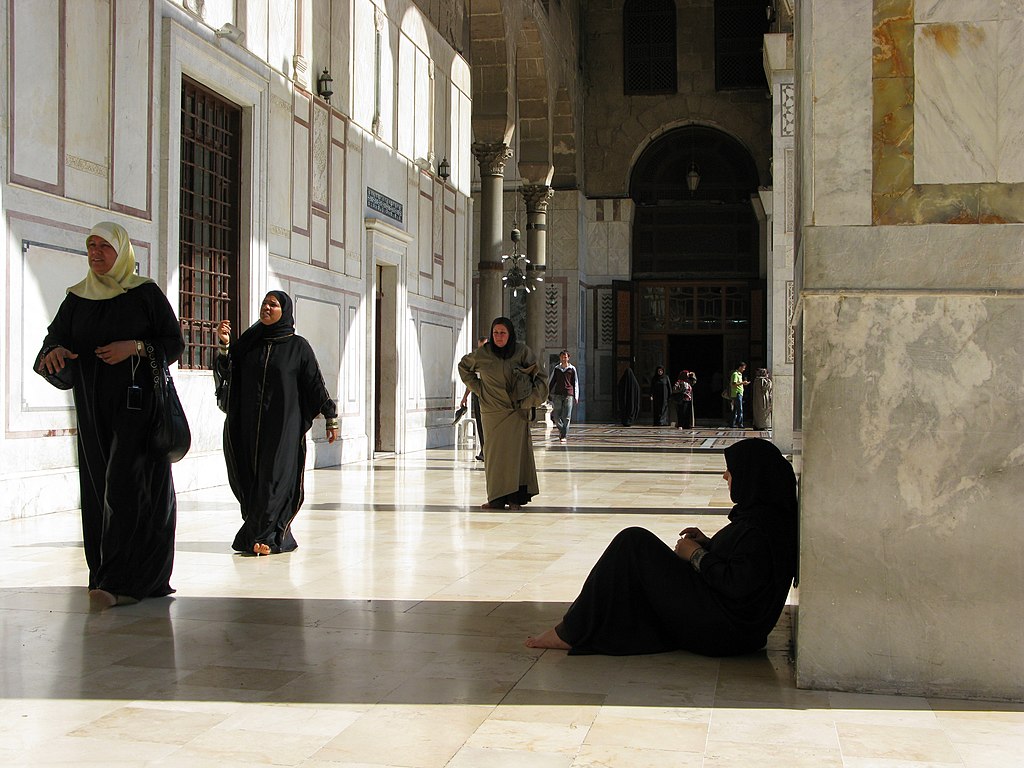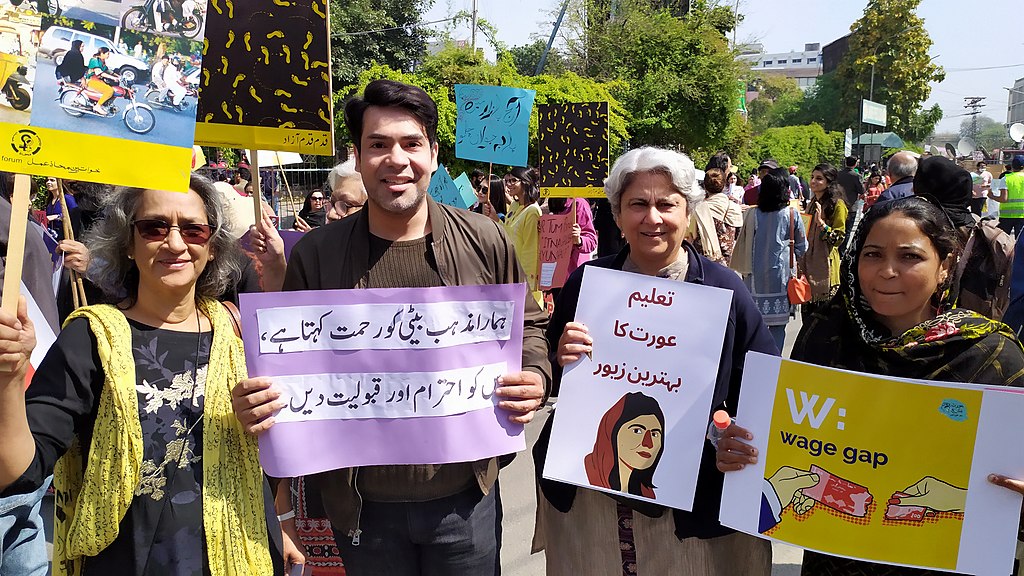This is a summary of the original paper by Habibullah Khan and Omar K. M. R. Bashar that may be found here
One of the most debated topics in the intellectual milieu, globalization is as large a phenomenon as the name suggests. There is no easy, all-encompassing definition, and the mere suggestion of the word is enough to polarize opinions. One thing is however certain: Its multidimensional and irresistible influences have led to the rapid transformation of values, perceptions and lifestyles – indeed life itself – around the world.
Globalization may be described as a dynamic, transnational process that permeates geo-social boundaries and seeks to impact people, cultures and economies around the world by engaging them in a world-view that may or may not be congruent with local perspectives.
Globalization per se is neither new nor harmful. The challenge lies in the choice of what to accept or reject, of blending indigenous culture with the global trend. Globalization, when viewed from this vein, poses a question about whether it is detrimental or beneficial to a people’s sense of identity and belonging.
As a faith, Islam visualizes a global community of believers without imposing any of its views and inviting all to share in its benefits. An Eskimo does not need to eat and dress like an Arab to be a good Muslim, or vice versa. A truly global faith, unencumbered by space or time, Islam embodies globalization by its freedom to retain the cultural characteristics of its varied followers, and yet unite them in a single value system of belief, worship, thought, action and brotherhood.
The great travelers of the past, like Ibn Batutah and others like him were the harbingers of globalization, carrying knowledge, wisdom and goods of different cultures and places with them. Early Muslim merchants played a vital role in carrying the message of Islam to the shores of China and South East Asia so that Indonesia today has more Muslims than the whole of Arabia, the cradle of Islam.
Muslim rule in Spain and Baghdad is generally considered a golden period for literary, cultural and scientific advancement. Greek philosopy and thought were translated into Arabic and then Latin, while some of the greatest Muslim scientists such as Ibn Sina, Khwarizmi and al-Razi compiled works of medicine, geography and arithmetic that gave birth to the Renaissance and fueled the technological advancement of Europe. Globalization under Islamic rule was thus a vehicle for positive change, progress and enlightenment, and those who were touched by it embraced it willfully and benefitted enormously.
Contrast this with the globalization being hard-sold today. Western scholars have long argued that globalization promotes cultural integration by removing barriers and stimulating a healthy cultural exchange. However, in a unipolar world characterized by the racial prejudices, materialistic philosophies, hegemonic designs and monopolistic practices of a few, based on their lopsided technological prowess, huge economic disparity and unequal military capacity, this argument appears highly tenuous.
Barriers are being removed, but since the present form of globalization is a coercive imposition by the Western world upon the rest, with narrow self-serving goals, and not a freewill exchange intended to share and develop, it is only local cultural, social and economic barriers that are being broken down and replaced by Western ones with an immense loss of indigenous cultural identity, social values and economic independence.
A case in point is the clamour for the legal acceptance of LGBTQ+ practitioners in countries where such inclinations have been frowned upon since ages, and the tying of trade partnerships and financial assistance to such efforts. Leaders from several developing countries such as Rwanda and Zimbabwe have refused to buckle under this pressure while denouncing attempts by powerful Western governments and their attendant organizations to foist the legitimacy of same-sex and unnatural relationships upon their local societies.
When Qatar, a Muslim country that lays great emphasis on modesty and abstinence from alcohol, was awarded the FIFA World Cup in 2022, the overriding concern among Western sports media was not about football, but whether alcohol could be freely available and whether the LGBTQ+ community would be allowed to publicly express themselves in Qatar’s stadiums, streets, markets and malls. The clamour rose to an extent that there were calls to overturn the decision of having the event in Qatar and redirecting it to a more favourable or culturally compliant host. The BBC, one of the most vocal protagonists of globalization – as it sees fit – even refused to broadcast the opening ceremony of this truly global sports event, even as a global audience deemed it worth watching.
Thus the phenomenon of modern globalization poses a massive challenge to the political sovereignty, economic independence and cultural identity of weaker, recipient countries due to several reasons: (a) it employs a pervasive, colluding and irresponsible media to propagate the hegemony of Western dominance, (b) it suppresses local culture and replaces it with a secular, Westernized strain, (c) it belittles and subjugates traditional ways of life, values, principles and behavioral patterns, and (d) it makes economic assistance and international integration dependent on the forced acceptance of Western ideals of globalization.
In this context, globalization really means the Westernization of societies and their assimilation into a global homogenous pattern with dubious underpinnings at the expense of local cultural identities and values forged over a collective experience of thousands of years. When driven by the lure of economic emancipation or the threat of political domination, globalization becomes just another byword for neo-colonialism and economic subjugation.






